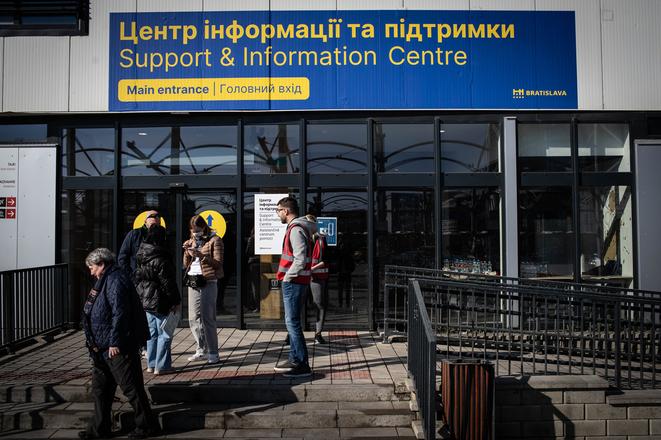Not so long ago, the Slovak capital was a tri-lingual city. Much of its population up until the early inter-war period spoke Slovak, German, and Hungarian with some degree of fluency, reflecting the main ethnic communities in what was at the time a markedly cosmopolitan city.
Slovak came to dominate in the years after the formation of the Czechoslovak Republic, though, and it was not until the fall of the communist regime in 1989 that a mix of foreign languages would be heard on the streets of the capital again as people from around the world began visiting, and sometimes settling in, the city.
Today, there are 70,000 foreigners living in Bratislava, and its authorities are looking to make sure no one misses out on the benefits of having a multinational community.
“The trend from other European cities shows that Bratislava may benefit from integration [of foreigners],” said Nina Spišiak, coordinator of a special team created by Bratislava city to help foreigners integrate.
An influx of Ukrainians
Bratislava Mayor Matúš Vallo had pledged to pay more attention to the foreign community in Bratislava during his 2018 campaign for the mayoralty.
But Spišiak’s team was formed last spring after the massive influx of Ukrainians to the city as a result of the Russia’s full-scale invasion of Slovakia’s neighbour. Before that, there was the project Kapacity focusing on integration of foreigners in Bratislava.
Spišiak says that when the team was created, the focus was certainly on the thousands of Ukrainians turning up in the city, but that “even then, there was a plan that its agenda would be broader and would focus on foreign citizens of Bratislava in general, not just Ukrainian refugees”.



 The assistance centre is housed in the former bus station on Bottova Street. (source: Sme - Jozef Jakubčo)
The assistance centre is housed in the former bus station on Bottova Street. (source: Sme - Jozef Jakubčo)